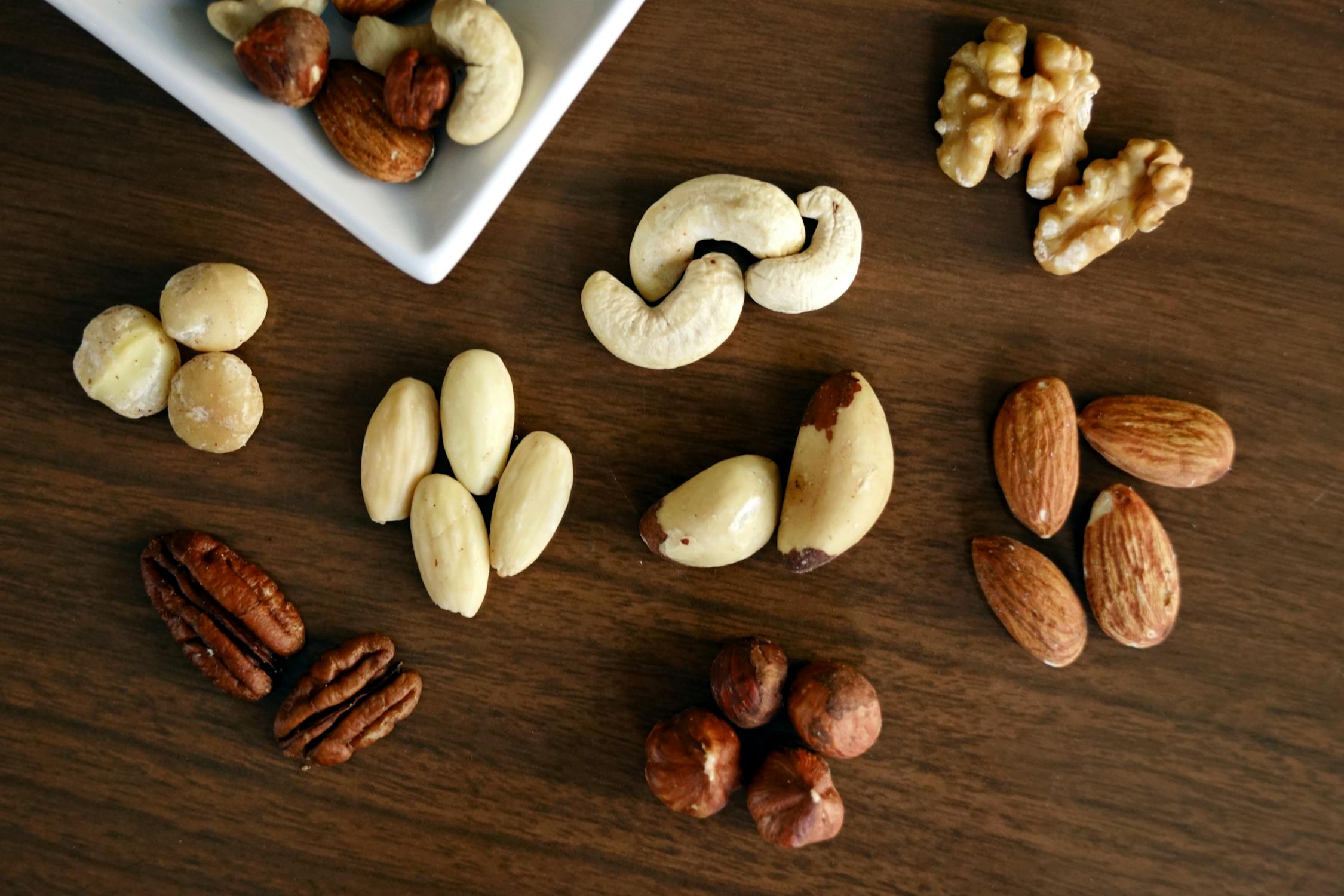The Science Behind Calorie Restriction and Longevity
The quest for longevity, the desire to extend our time on this planet, is as old as humanity itself. Recent scientific breakthroughs suggest that the key to a longer life may lie not in some elusive fountain of youth, but rather in something much more within our control: our daily caloric intake. Calorie restriction, a dietary approach that reduces daily caloric intake without causing malnutrition, has emerged as a promising strategy for slowing aging and enhancing healthspan.

This article delves into the intricate science behind this dietary approach, exploring how and why reduced calories can potentially prolong life.
Calorie restriction isn't about starvation; it's about optimizing nutrition. It's the practice of reducing average daily caloric intake below what is typical or habitual, without deprivation of essential nutrients. The idea is to consume fewer calories while still getting all the necessary vitamins and minerals the body needs to function optimally.
But how does eating less translate into living longer? The answer lies in our cells. When we consume fewer calories, our bodies enter a state of mild stress. This stress triggers a survival response that causes cells to operate more efficiently, repairing damage and reducing inflammation. Over time, this can slow down the aging process at a cellular level.
Research has shown that calorie restriction can have numerous health benefits beyond longevity. It can improve heart health, reduce cancer risk, enhance brain function, and even delay the onset of age-related diseases such as Alzheimer's and Parkinson's. These benefits are thought to be linked to a variety of biological mechanisms triggered by calorie restriction, including reduced oxidative stress, improved insulin sensitivity, and enhanced cellular repair processes.
However, it's important to note that calorie restriction isn't suitable for everyone. For certain individuals—such as those who are already underweight or have certain medical conditions—calorie restriction could be harmful. It's always advisable to consult with a healthcare provider before making significant changes to your diet.
While the science behind calorie restriction and longevity is fascinating, it's also complex and still being explored. There are many unanswered questions, such as the optimal degree of calorie restriction for different individuals, the long-term effects of this dietary approach, and whether similar benefits can be achieved through other means, such as intermittent fasting or specific nutrient manipulations.
Despite these uncertainties, one thing is clear: our diet plays a crucial role in our health and longevity. The concept of calorie restriction underscores the importance of not just what we eat, but how much we eat. It challenges the notion that more is always better, suggesting instead that when it comes to our food intake, less might indeed be more.
The journey into the intersection of diet and longevity is an intriguing one. It's a journey that takes us into the heart of our cells and challenges our perceptions about food and aging. It's a journey that holds promise for a longer, healthier life.
As we delve deeper into this fascinating field of study, we are reminded of the power of nutrition. We are reminded that what we put into our bodies can have profound effects on our health and lifespan. And while we may not have all the answers yet, the science behind calorie restriction offers valuable insights into how we might live longer, healthier lives.
The quest for longevity continues. As we explore new frontiers in nutrition and aging research, we are continually learning more about how our dietary choices can impact our healthspan. The science behind calorie restriction provides a compelling case for rethinking our relationship with food—a case that underscores the potential power of less. As we continue to unravel the secrets to a longer life, one thing remains clear: when it comes to our diet, quality matters more than quantity. And sometimes, less truly is more.